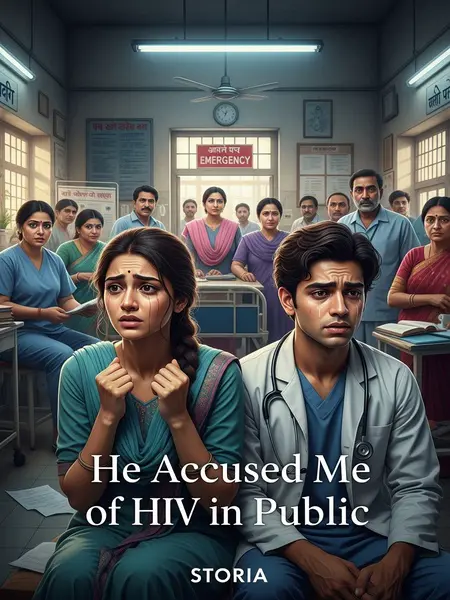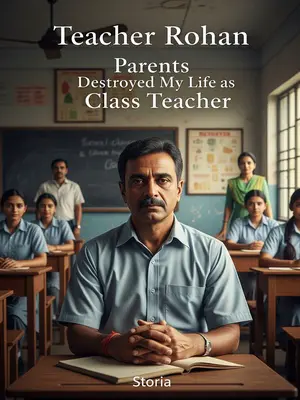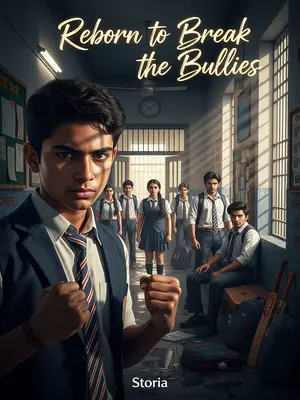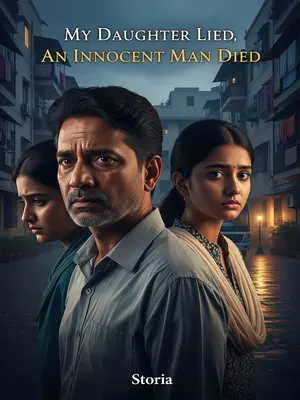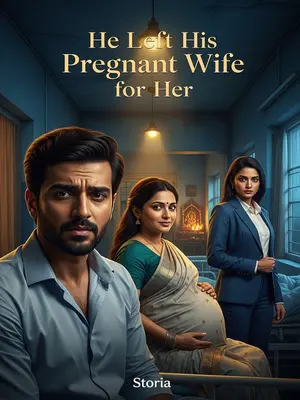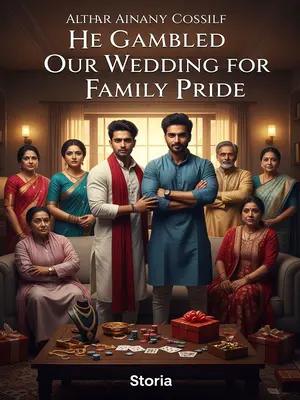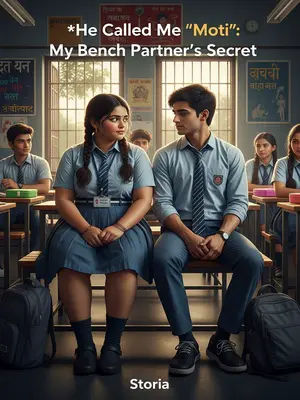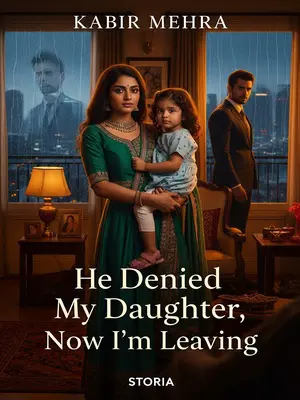Chapter 3: The Weight of Words
I paused, thinking about what to prescribe, but honestly, I had no idea.
I stared at the prescription pad, my pen hovering in mid-air. For once, my usual list of mouth ulcer remedies seemed utterly useless. I didn’t want to misguide her, but neither did I want to send her away empty-handed. My thoughts raced, but there was no easy answer.
Because this kind of mouth ulcer was unusual: first, the area was large; second, it wasn’t painful; and third, it had lasted a long time.
My mind flipped through all the possible causes: vitamin deficiencies, fungal infections, viral illnesses, some rare autoimmune thing? But this combination—large area, little pain, two weeks duration—was not matching any textbook description. I could feel a cold knot forming in my stomach.
My mind raced through several possibilities, but without any evidence—and since this wasn’t a real emergency—I thought it would be better for her to see the dental department tomorrow for a more thorough check-up. This really wasn’t my speciality.
I decided it was best not to play hero. 'Dekho, kal subah dental OPD khul jayega. Please go there, they will do a proper check and guide you. I can give you something for now, but proper opinion you must take from the specialists.' I scribbled a note, added my phone number in case of emergency, and handed it over. 'Don’t worry, beta. Let the dentists see, okay?'
At that moment, the intern suddenly blurted out, “This looks a lot like the mouth ulcer that HIV patient had before.”
Before I could even take a breath, the intern, oblivious to the tension, blurted out, 'Sir, yeh toh bilkul waisa lag raha hai, jaise last week ke HIV patient ko tha.' His words rang out far too loudly, echoing in the tiny space between us. I almost dropped my pen. The ward’s background noise seemed to hush for a second, as if even the ceiling fan had paused.
I broke out in a cold sweat. HIV—how could you just say that in front of the patient and her friend?
My mind went blank for a second, and I felt an icy chill down my spine. Of all things to mention, he had to choose HIV? I glanced at the girls—the friend’s eyes widened, the patient’s face drained of colour. I wished the floor would open and swallow me up right there. In an Indian setting, where stigma clings like dust, this was no small slip.
But I couldn’t give the intern a good shouting in front of them, so I tried to smooth things over: “It’s not necessarily HIV. There are many causes for mouth ulcers—fungal infections, viral infections, autoimmune diseases, and so on.”
I forced a smile, waving my hand as if swatting away a mosquito. 'Arrey, nothing like that. It’s not necessary, okay? There are dozens of causes—fungal, viral, sometimes stress, sometimes vitamin deficiency, sometimes auto-immune. Don’t get worried for no reason, beta.' I tried to sound casual, but my heart was thumping. The air suddenly felt much heavier in the little consultation bay.
Of course, my words didn’t do much to reassure them.
Both girls now looked tense, faces pale. The patient chewed her lip, her eyes shining with the threat of tears. Her friend’s lips pressed into a thin line, glancing at me with suspicion. I knew my reassurances had landed like a stone in water.
The patient’s expression changed immediately, and she retorted, a bit sharply, “How could it possibly be HIV?”
She clenched her fists around her bag strap, her voice trembling between anger and fear. She shot back with unexpected sharpness, 'HIV kaise ho sakta hai, sir? Mujhe toh kabhi koi risk bhi nahi hua.' There was a flash of anger and fear in her voice—one that anyone who has ever been wrongly accused would recognize instantly.
Her roommate chimed in too, saying, “You can eat carelessly, but you can’t speak carelessly! Doctors shouldn’t say things without thinking.”
Her friend jumped in, her voice rising, 'Sir, khana galat khaye toh chalega, lekin aise baatein galat nahi bolte! Doctor log ko soch samajh ke bolna chahiye!' The way she said it, you could tell she was holding back even stronger words. I couldn’t help but feel a stab of guilt. In India, even a hint of such a diagnosis can ruin a person’s reputation—not just in college, but back home, in the entire community. The moment hung, thick with unspoken fears, as I searched for words to make things right.
The weight of stigma pressed down, heavier than the humid air. As the girls left, their silence lingered—heavier than any diagnosis. I wondered if my words had done more harm than the ulcer ever could.
